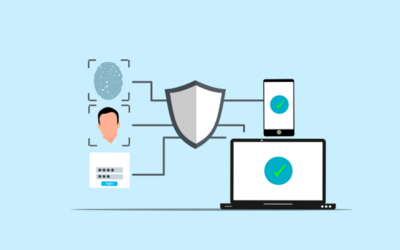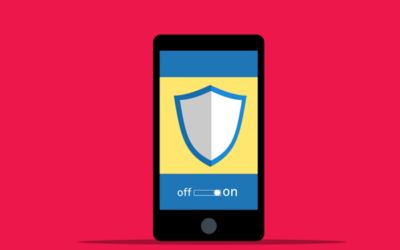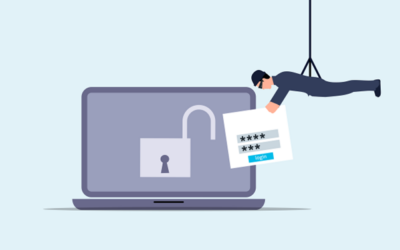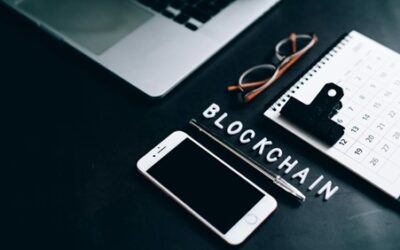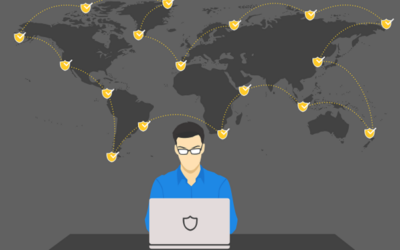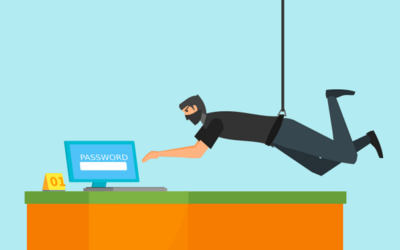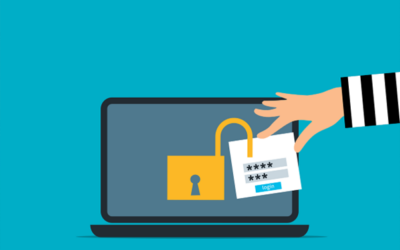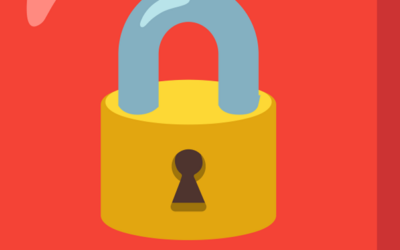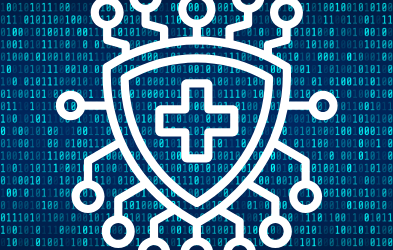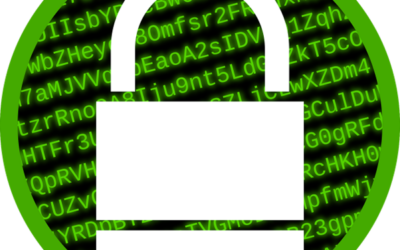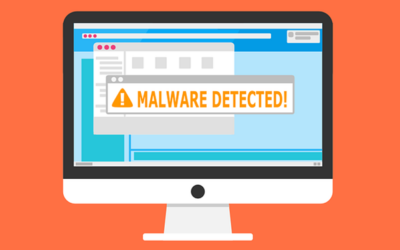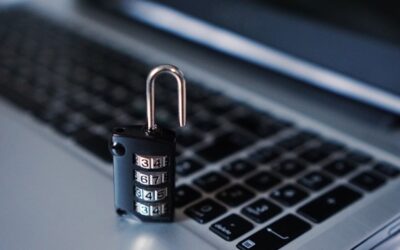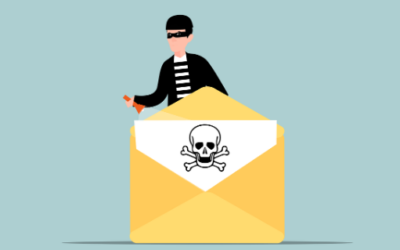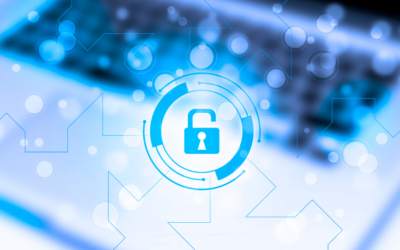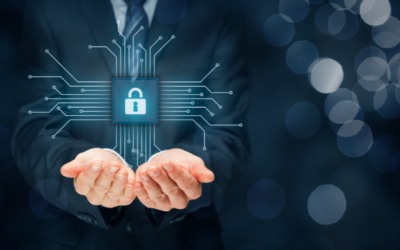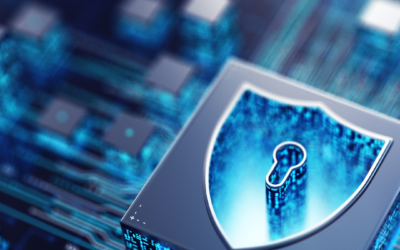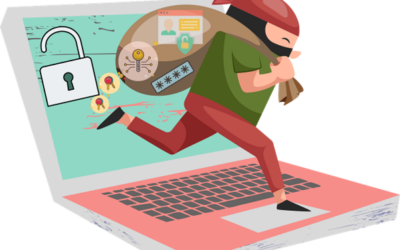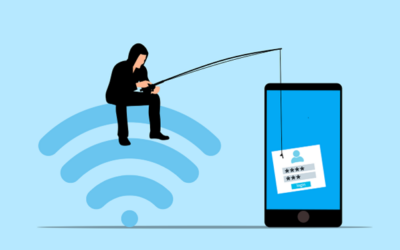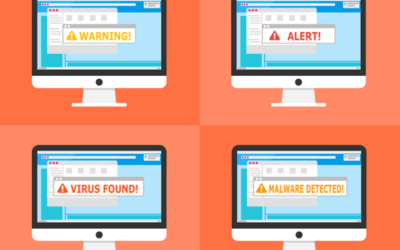
Are you noticing a surge in discussions surrounding email authentication? There’s a significant reason behind it – the escalating threat of phishing. Phishing remains a leading cause of data breaches and security lapses, making it imperative for businesses to adapt. Amidst this evolving landscape, email authentication emerges as a critical tool in combating phishing scams. With giants like Google and Yahoo implementing stringent DMARC policies, the focus on email authentication intensifies.
Understanding DMARC and its sudden importance is crucial for decision-makers and C-suite executives. Let’s delve into the realm of email authentication and decipher why it’s more indispensable than ever for your business.
The Email Spoofing Predicament
Imagine receiving an urgent email from your bank, only to realize it’s a fraudulent attempt to steal your information. This common scenario, known as email spoofing, can wreak havoc on businesses, leading to financial losses, reputational damage, and data breaches. As email spoofing continues to proliferate, email authentication emerges as a pivotal defense mechanism.
What Exactly is Email Authentication?
Email authentication serves as a means to verify the legitimacy of emails, including the authenticity of the sending server and detecting unauthorized use of company domains. It encompasses three key protocols:
- SPF (Sender Policy Framework): Records authorized IP addresses for sending emails.
- DKIM (DomainKeys Identified Mail): Allows domain owners to digitally sign emails, affirming legitimacy.
- DMARC (Domain-based Message Authentication, Reporting, and Conformance): Provides instructions to receiving email servers, alerting domain owners about spoofing attempts.
Why Google & Yahoo’s New DMARC Policy Matters
Google and Yahoo’s recent enforcement of DMARC policies signifies a pivotal shift towards bolstering email security. This moves mandates businesses, especially those sending substantial email volumes, to adhere to DMARC implementation. The benefits extend beyond mere compliance:
- Protects brand reputation by thwarting email spoofing scams.
- Enhances email deliverability, ensuring legitimate emails reach recipients’ inboxes.
- Provides invaluable insights through detailed reports, aiding in identifying and addressing potential issues.
Taking Action: How to Implement DMARC
Implementing DMARC is imperative in light of escalating email security concerns. Here’s a roadmap to get started:
- Understand DMARC options and implications.
- Collaborate with your IT team or IT security provider.
- Regularly track and adjust DMARC settings to optimize security.
Need Assistance with Email Authentication & DMARC Monitoring?
As businesses navigate the intricacies of email authentication, expert guidance becomes indispensable. At Wahaya IT, we specialize in providing tailored solutions to fortify your email security framework. Contact us today to embark on a journey towards robust email authentication and safeguarding your digital assets.

